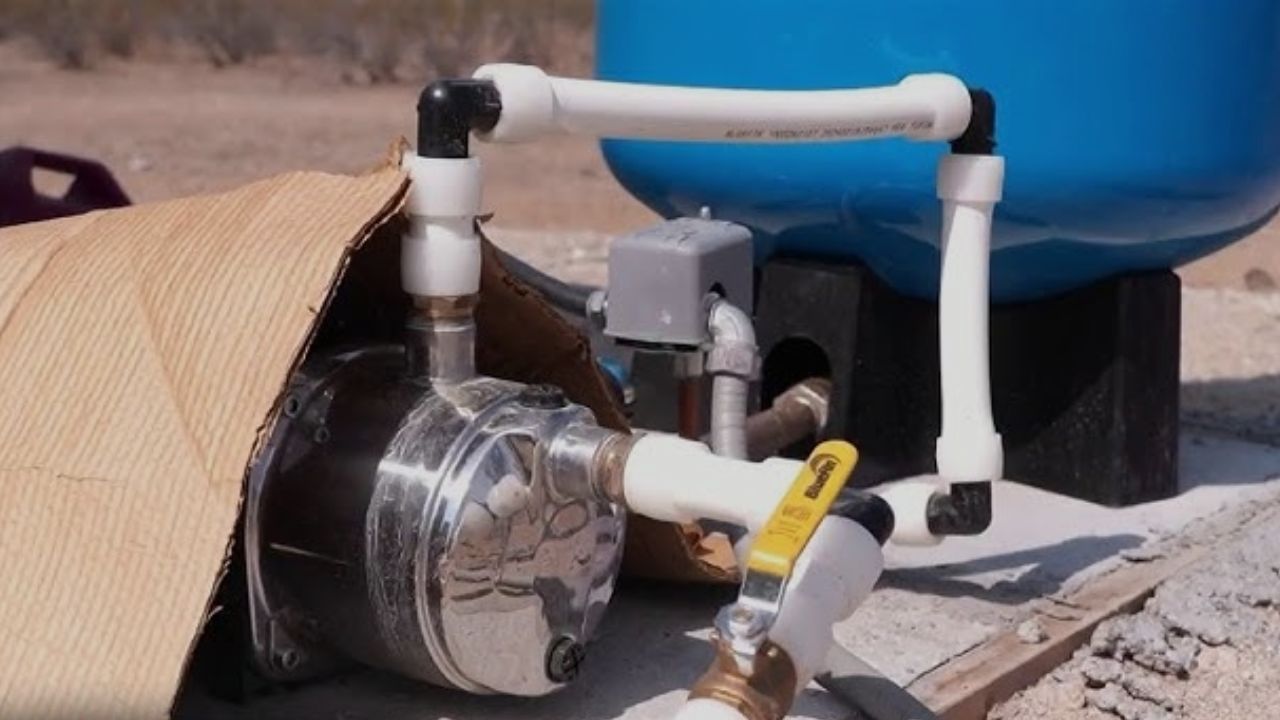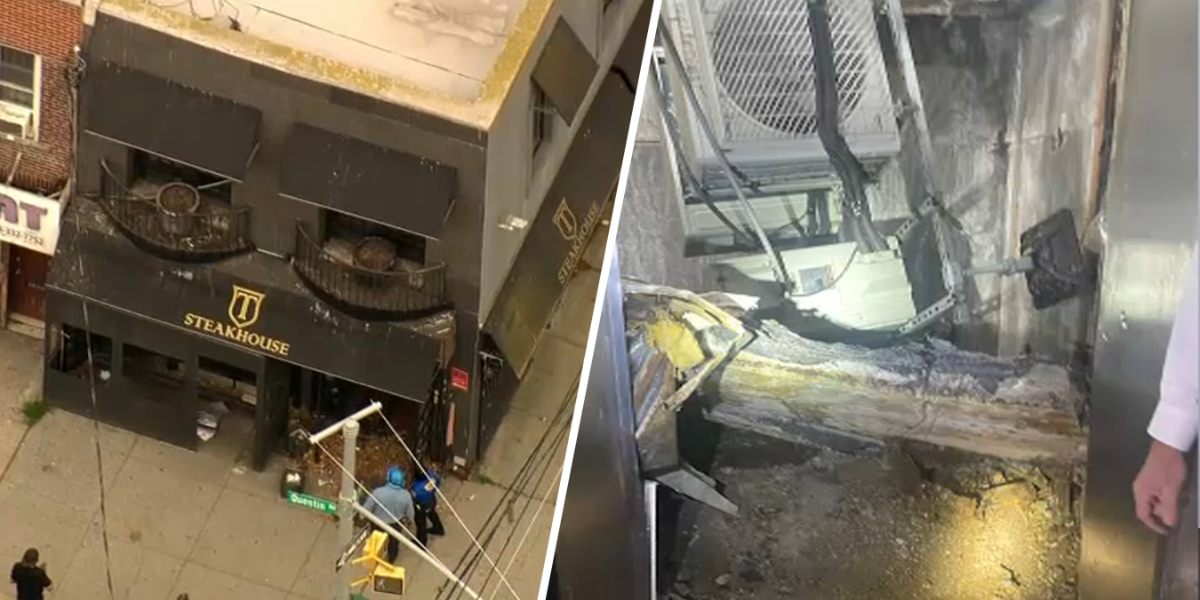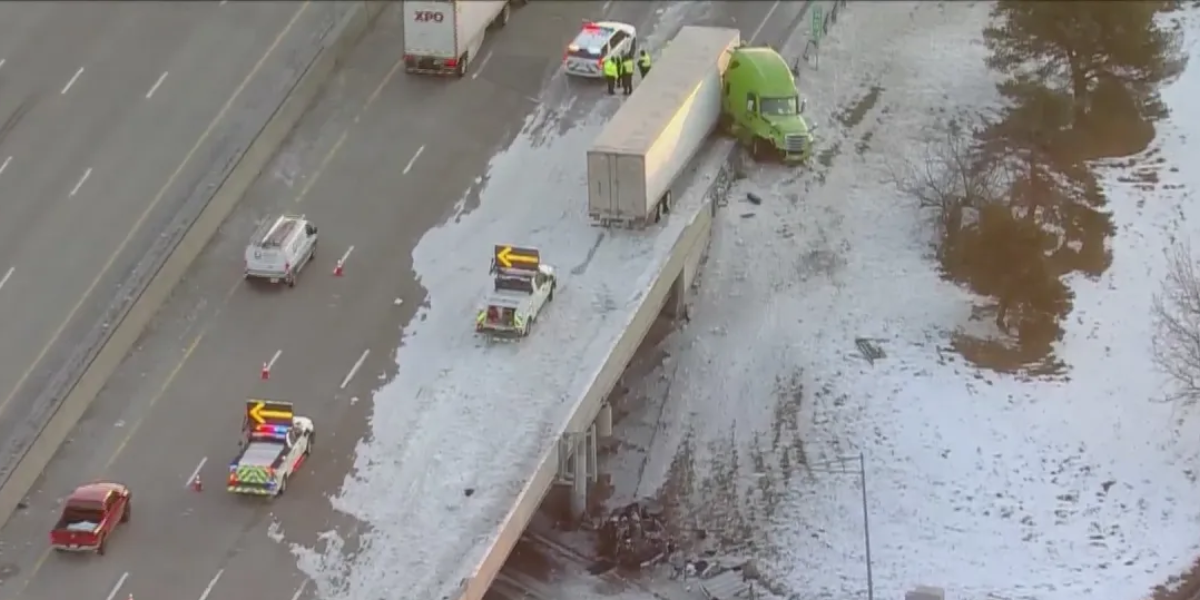Wenden, AZ – In the arid landscapes of Arizona, the small unincorporated town of Wenden is facing an unprecedented crisis: the land beneath it is sinking at an alarming rate of nearly 3 inches per year. Over the past eight decades, the community has sunk over 18 feet, a dramatic sign of the escalating battle to secure access to precious groundwater along the Colorado River Basin.
With megafarms relentlessly extracting water at deeper and deeper levels, Wenden’s residents are struggling to compete for basic clean water access — a battle that experts warn is a “train wreck waiting to happen.”
Groundwater Depletion and Land Subsidence in Wenden
Wenden heavily relies on the Colorado River for approximately 38% of its water supply, sharing the source with major cities such as Phoenix and Los Angeles. Yet, unlike these cities, Wenden faces dire consequences as underground water levels plummet.
- Residents must dig thousands of feet underground to reach groundwater.
- Over the last 15 years, Wenden’s surface has sunk over 3.5 feet alone.
- The community currently sinks about 2.2 inches per year, creating an unsustainable condition.
Gary Saiter, head of the Wenden Water Improvement District, described the situation bluntly:
“It’s a train wreck waiting to happen. We sink it another 2.2 inches per year. It’s absolutely out of balance. It’s not sustainable.”
The Role of Megafarms in Accelerating Groundwater Decline
At the heart of Wenden’s sinking crisis are massive agricultural operations known as megafarms, some controlled by foreign-owned corporations, that consume an overwhelming majority of the groundwater.
- These megafarms have expanded rapidly from 1.25 million acres to nearly 3 million acres during the 2010s.
- Many megafarms are funded by international companies, such as Saudi Arabia’s largest dairy company Almarai, which owns Fondomonte—a corporation accused of excessive groundwater use in Wenden.
- Such companies reportedly consume up to 81% of all groundwater in the area.
Arizona Attorney General Kris Mayes has actively pursued legal action against Fondomonte, filing a nuisance lawsuit due to the harm caused by the company’s water depletion practices.
Mayes condemned the situation, stating:
“The water has disappeared for them because the Saudis are sucking it out of the ground.”
Fondomonte, however, claims it makes a “conscious effort to manage water use”.
Groundwater Regulations and Political Challenges
The crisis is compounded by the lack of statewide regulation on groundwater pumping in rural Arizona. Nearly 80% of Arizona has no regulations requiring corporate farms to report or limit groundwater consumption.
Read Also: Endico Frozen Vegetables Recalled in Six States Over Listeria Contamination Risk
- Efforts led by Governor Katie Hobbs aim to create rural groundwater management areas, with proposals introduced for the 2025 legislative session.
- Political divisions between parties have stalled agreement on concrete reductions in groundwater extraction from aquifers.
- This regulatory gap enables companies to buy water and land rights and divert resources beyond local communities like Wenden.
Arizona State University conducted a pivotal study explaining how the overuse of groundwater physically causes land subsidence through the compaction of clay minerals beneath the surface.
Professor Jay Famiglietti, lead author of the study, explained to ABC 15:
“Just the way air keeps the tire pumped up, water keeps the land pumped up… When the water that’s between [clay minerals] gets pumped out, the flat minerals stack up, kind of like dishes in a sink, and that has the impact of lowering the ground surface.”
For more detailed insights on Wenden’s sinking crisis, you can visit the full report here.
What Looms Ahead for Wenden and Similar Communities?
The ongoing subsidence in Wenden signals grave concerns for groundwater sustainability across the Colorado River Basin. If current trends continue:
- Infrastructure damage and increased risk of environmental hazards due to land sinking may escalate.
- Water scarcity could force further hardship on local residents and small farmers.
- Political pressure may intensify to enforce stricter groundwater regulations statewide.
Wenden stands as a critical case study of how agricultural demands and regulatory challenges collide to threaten rural communities’ survival.
Have Your Say
What do you think about this groundwater crisis in Wenden? Have you witnessed similar challenges in your community? Share your thoughts and experiences in the comments below!


 by
by 

